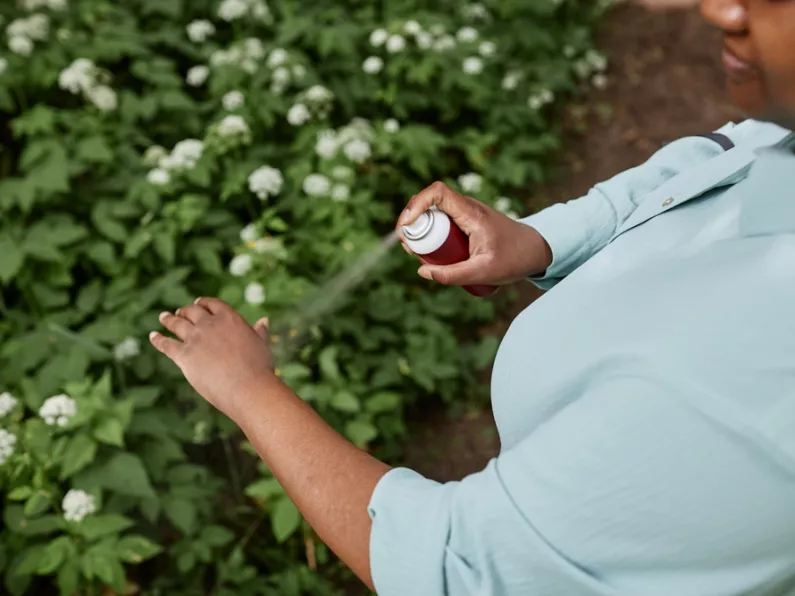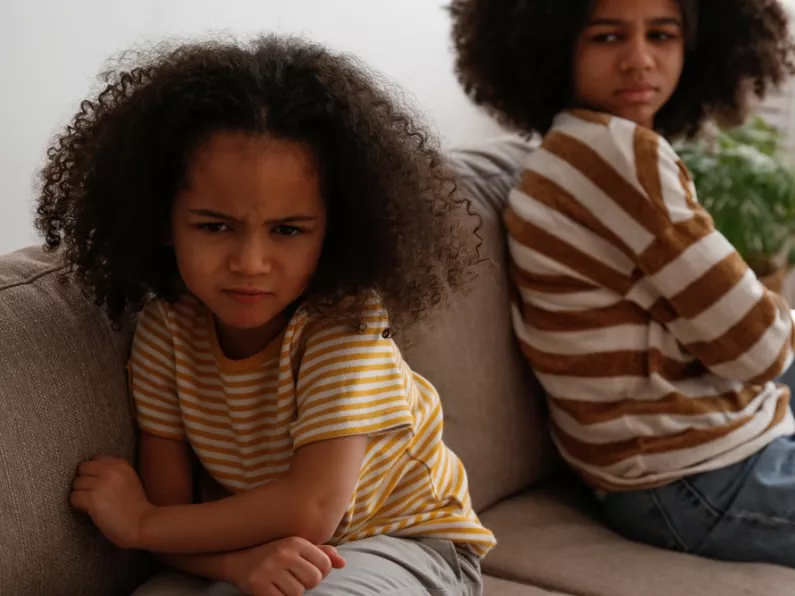Why do mosquitos prefer to bite certain people is a question most of us have asked at some stage.
And why does it even matter you might wonder.
Well, it matters because mosquitos spread serious tropical diseases such as malaria, dengue, Zika, and West Nile virus, some of which can be fatal.
So what makes you more likely to be bitten?
Why do mosquitos prefer to bite certain people?
Mosquitos are attracted to you based on genetic, dietary, and environmental factors.
They track down their victims based on what they see, smell, and by body heat.
The human scent depends on the number of skin glands, the skin pH, the metabolic rate, body mass, and the rate and intensity of respiration, as well as the bacteria, fungi and viruses that live on everyone's skin.
Some gene variants also made you more at risk of mosquito-borne infection, and of symptomatic disease.
Environmental factors
Mosquito-human attractions change with age, body size, and physiological changes, as well as the distance from the host.
Bananas and alcohol may make you more likely to be bitten, while garlic and vitamin B supplements repel mosquitos.
Pregnant women attract more mosquitoes due to their increased body heat and metabolic rate, and maybe even a unique pregnancy smell.
Mosquito-borne diseases
The bad news is that dengue-infected Ae. aegypti mosquitoes are more active and sensitive to smells.
The reason female mosquitoes bite warm-blooded mammals is to get protein for egg-laying. During these bites, they suck up pathogens and become infected, then pass them on when they bite someone else.
Mosquito-borne diseases contribute about 17% of infectious diseases worldwide, associated with encephalitis, kidney failure, meningitis, and fetal defects if acquired during pregnancy.
About 50% of the world's population is exposed to malaria and 40% to dengue.
Ae. Aegypti mosquitos carry dengue, Zika virus, yellow fever, and chikungunya viruses.
It's all in your scent
People who attract mosquitoes have specific scents with a high acid content, and people already with mosquito-borne diseases are at higher risk.
Personal protection and environmental hygiene remain key measures.
How to protect yourself
You can protect yourself and your kids from mosquito bites by using an EPA-registered insect repellent, wearing long-sleeved shirts and long pants when outdoors, and sleeping in an air-conditioned room or room with window screens, or under an insecticide-treated bed net.
Dress your child in clothing that covers arms and legs, and cover strollers and baby carriers with mosquito netting.
When using insect repellent on your child:
- Always follow label instructions.
- Do not use products containing oil of lemon eucalyptus or para-menthane-diol (PMD) on children under 3 years old.
- Do not apply insect repellent to a child’s hands, eyes, mouth, cuts, or irritated skin.
- Spray insect repellent onto your hands and then apply to a child’s face.
- If also using sunscreen, always apply insect repellent after sunscreen.









